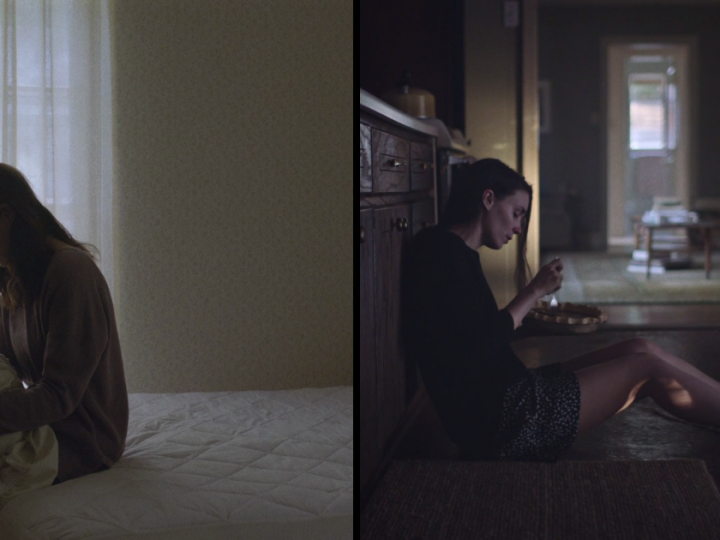The Truth Behind Being Lusted Over: The Newest Form of ‘Affection’ That’s Killing Gen-Zs
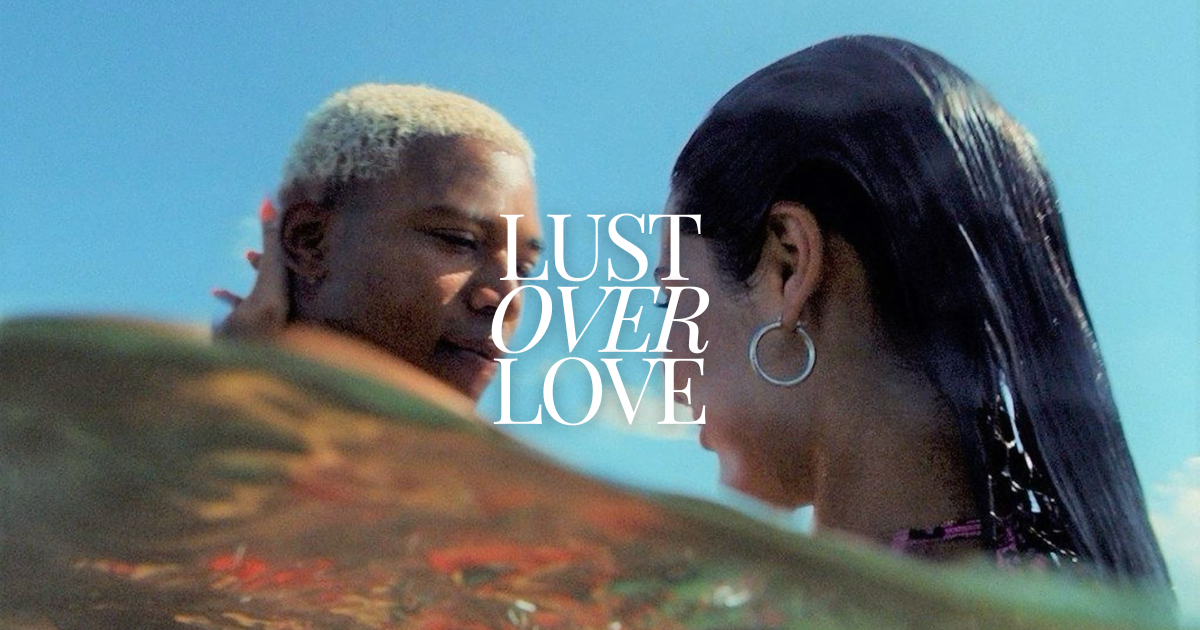 Thirsty for JUICE content? Quench your cravings on our Instagram, TikTok and WhatsApp
Thirsty for JUICE content? Quench your cravings on our Instagram, TikTok and WhatsApp

Recently, TikTok has seen an influx of content from young women opening up about their frustrations over being objectified by men they consider potential romantic interests.
These videos often delve into the emotional toll of being treated as merely an object of desire rather than a partner worthy of genuine affection and connection.
The common thread in these posts is a sense of disappointment, with many expressing their longing for deeper emotional connections rather than shallow, physical attention.
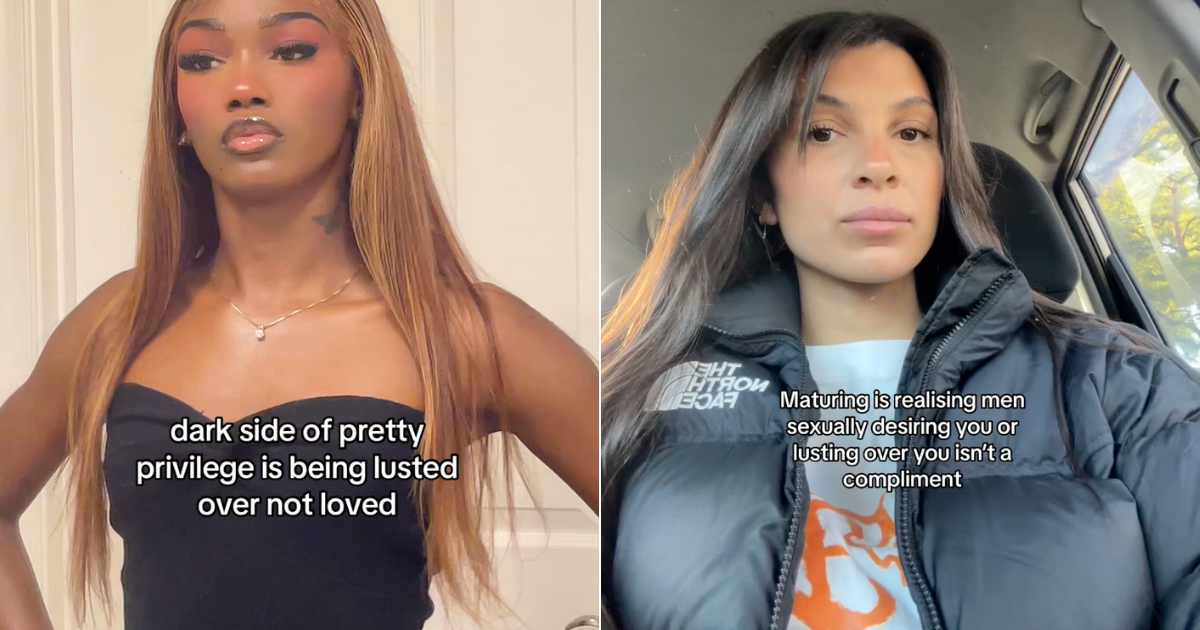
While Gen-Z has ignited a fresh wave of debate around the issue of being objectified, this problem is far from new. For years, women have faced the challenge of being reduced to objects of lust rather than being seen for their full personhood.
This dynamic has sparked a generational shift, with many women being taught to value their bodies and protect their sense of self-worth, resisting the “lustful traps” that prioritise physical attraction over emotional connection.
As an older Gen-Z, this writer has had a fair share of experience dealing with being treated as an object of desire, and I’ve also been told to do so many things to participate in the modern-day game of love.
These are the things that I’ve learnt:

When meeting someone new and learning about their favourite colour while looking for clear signs of toxic love bombing, it’s also important to establish a healthy relationship pace.
It’s easy to tell if you’re being looked at as a lustful object rather than a loving one. If the person you’re seeing is primarily interested in sex, they’ll often find ways to steer conversations in that direction whenever they sense an opportunity.
These subtle or not-so-subtle attempts can reveal their true intentions, especially if deeper emotional connections and spending quality time together are consistently avoided.
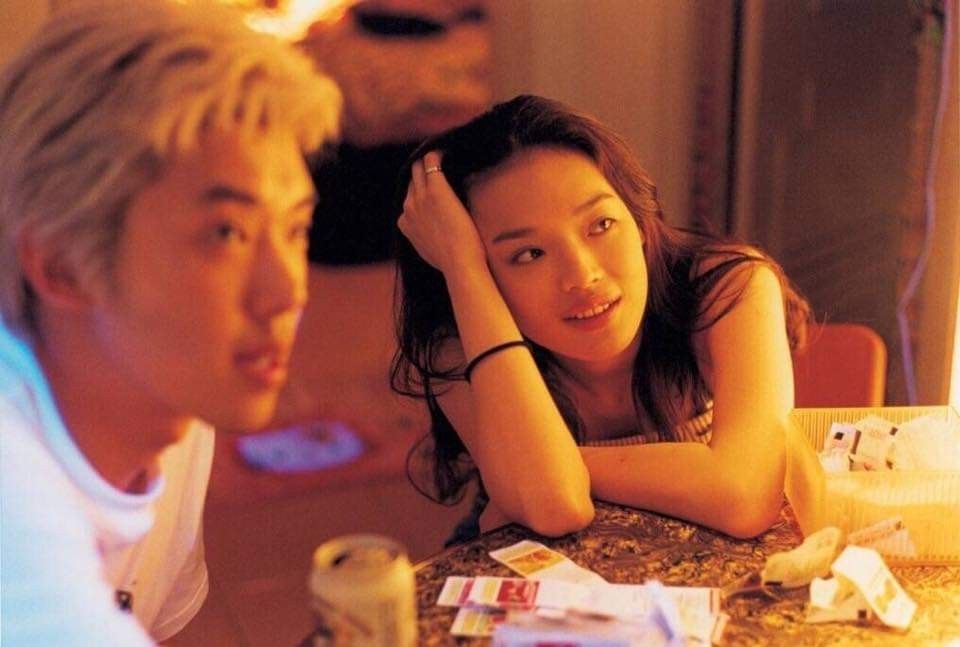
You can also spot if a partner is only fixated on an idealised version of you rather than who you really are. This can manifest in their inability or refusal to acknowledge your flaws, struggles, or vulnerabilities.
Instead of supporting you through difficult times, they may distance themselves or avoid offering help, leaving you to face your challenges alone.
If a partner does this, it suggests they’re not truly present for the relationship but rather chasing an unrealistic fantasy, often leading to a lack of genuine connection and support.
It’s important to set boundaries when you’re spending quality time with a love interest

One piece of advice we’ve heard time and time again—avoiding kissing or having sex on the first date—may seem outdated to some, but it remains relevant, especially in today’s fast-paced dating scene.
As mentioned before, setting the tone for how you spend time together is crucial, as it often dictates the overall direction of the relationship.
If you prioritise deeper, emotional connections early on, it signals to both parties that the relationship is about more than just physical attraction.
On the other hand, if you allow things to get physical too quickly, it may inadvertently establish a dynamic where your partner only seeks to satisfy their sexual needs.
“But he showed signs that he cares about my wellbeing more than my body.”

While we may feel swept away by acts of kindness and affection from a love interest, it’s crucial to remember that not all gestures are as genuine as they seem.
Sometimes, these actions are more about fulfilling their own agenda rather than truly attending to your emotional needs. This is why it’s essential to dig deeper and pay attention to any underlying tones or patterns in their behaviour.

As a self-proclaimed lovergirl, I know firsthand how easy it is to get swept away by simple romantic gestures. Whether it’s flowers, sweet texts, or thoughtful surprises, those little moments can make your heart flutter and cloud your judgement.
I’ve fallen victim to these gestures too, mistaking them for deep affection when, in reality, they were often just surface-level acts.
But as much as I enjoy those moments, I’ve learnt to step back and see the bigger picture, reminding myself that true love isn’t just about grand gestures or sweet words—it’s about consistency, emotional support, and genuine effort.
It’s about being there when things get tough, showing up for you without expecting something in return, and truly investing in the relationship for the right reasons.
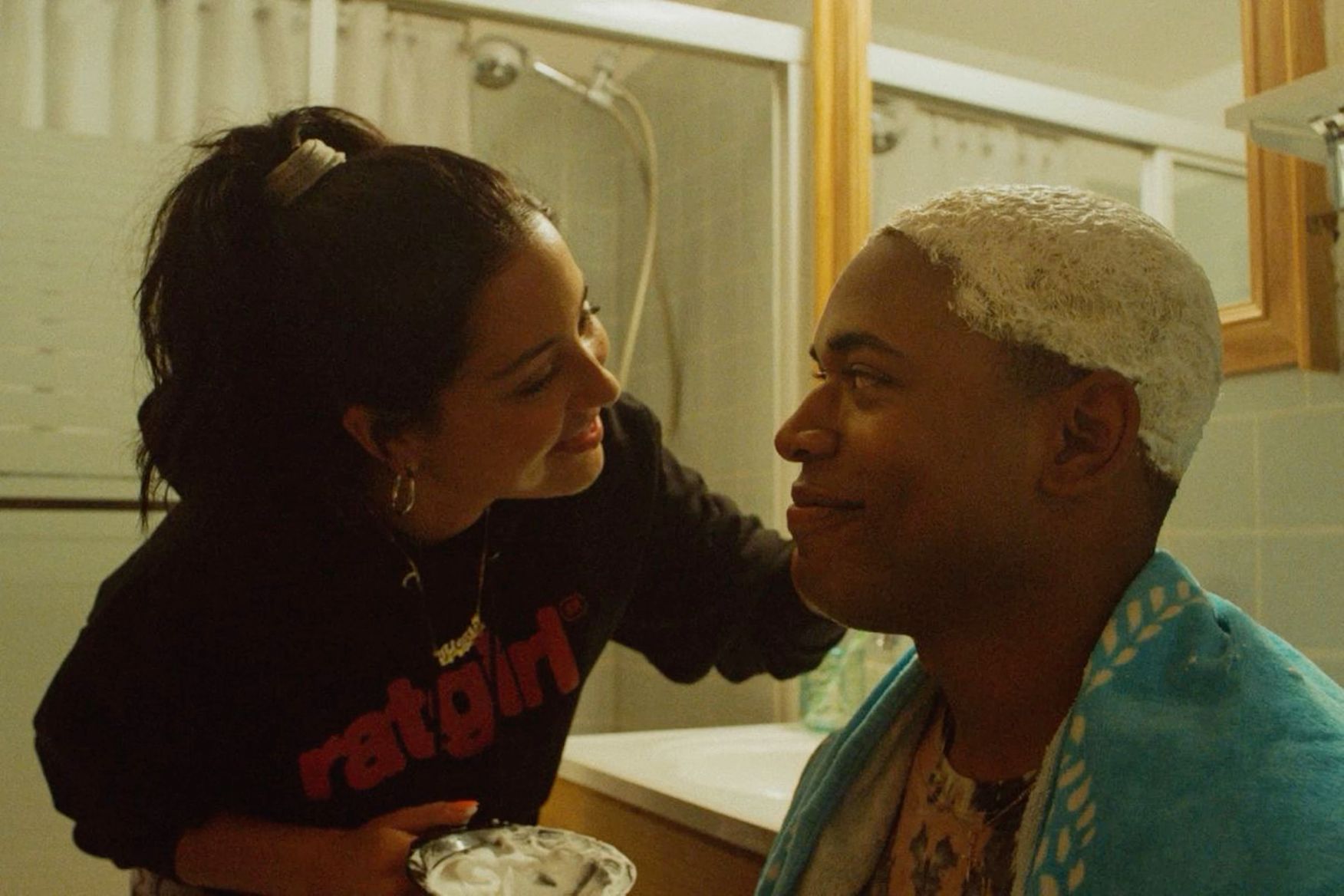
I realised it wasn’t love when he bought me flowers only after missing my special days—apologising not because he cared but because I wasn’t someone he saw as worth remembering or celebrating.
I realised it wasn’t love when he said he didn’t mind driving over an hour to see me—he only made the trip because I said he could sleep at mine.
I realised it wasn’t love when he invited me to his friend’s party; he didn’t call because he missed me, but because he needed someone to hold—someone he knew would pick up the phone for a fleeting, 30-minute ‘loving’ session that left me empty.
Time and time again, I offered love, support, and a warm embrace, only to be met with lust in return. But through it all, I learnt my worth. I will never allow myself to be used like that again.
Is it that difficult to find someone who will genuinely love you instead of playing all these games?
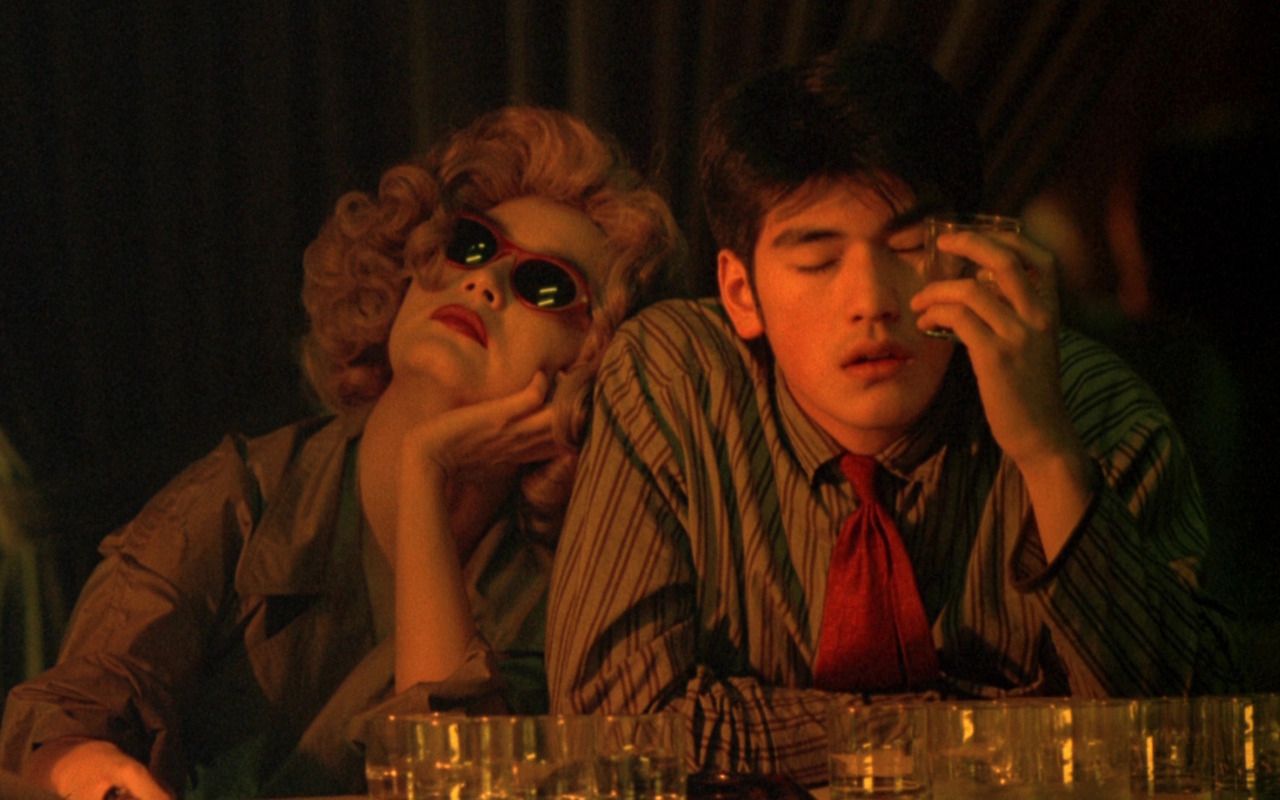
The short answer is yes; finding genuine love can indeed feel like a challenge, especially in your early 20s. At this stage, it’s common to encounter people more focused on exploring and satisfying their desires than building meaningful connections.
With hormones running high and the thrill of new experiences, many tend to prioritise physical attraction over emotional depth.
But that doesn’t mean it’s impossible to find someone who truly values and loves you for who you are. It just takes time, patience, and a lot of self-awareness. By setting clear boundaries, staying true to your values, and recognising your worth, you can filter out those who are just playing games.
The key is to not settle for less than you deserve and to wait for someone who shows you love through their actions and genuine commitment, not just fleeting moments of affection.
Previously, we discussed how to use the law of detachment to move on from a failed relationship. Read more here:
Read more features on JUICE here.


 Get Audio+
Get Audio+ Hot FM
Hot FM Kool 101
Kool 101 Eight FM
Eight FM Fly FM
Fly FM Molek FM
Molek FM


